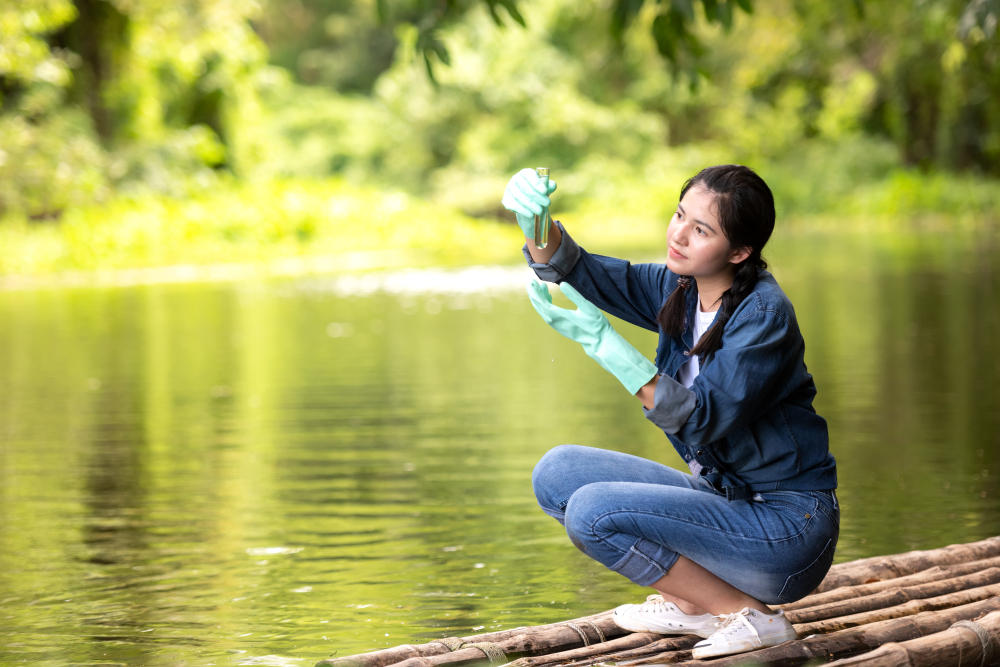High school students are growing up quickly in this era of social change.
When it’s time to choose a college major, many of today’s youth might decide that it’s not enough to simply earn a paycheck from their job. In addition to a salary, they want a career in which they can do good for society.
The notion that some students prefer careers that improve policies and laws for the benefit of their local community should not be surprising. This desire to feel a connection with one’s work is important.
It’s one of the three factors that help determine how meaningful a career is to an employee. These three factors are:
- Autonomy: The ability and freedom to have self-determination over one’s choices.
- Complexity: The opportunity to improve one’s talents and learn new skills at work.
- Connection: The correlation between one’s work and its reward, whether that payoff is financial independence, status, a feeling of accomplishment, or another value of significance.
For students who want to make the world a better place, here are some college programs that could suit their aspirations and skills.
7 College Majors for Students Desiring Social Change
1. Sociology
Sociologists study local and world populations and examine how society’s rules, norms, and local laws can affect individuals and larger groups.
Possible careers for sociologists include urban planners with a city government, census researchers, public health educator,s or human rights officers.
2. Political Science
Students who want to change or enact laws that help people, animals, or the environment might choose to pursue a degree in political science.
These students study how governments operate, how political systems affect social justice, and how public policies can be made more effective.
Students studying political science can often become politicians or government lobbyists, who are people that advocate business interests to politicians on behalf of the lobbyists’ respective industries.
3. Law
Lawyers learn how municipal, state, and federal laws are written and enforced, and how those laws can affect people. Some lawyers practice criminal defense or prosecution.
Other lawyers become experts in the laws that affect specific industries, such as healthcare, copyright, media, education, energy, or the environment.
4. Environmental Science

Environmental scientists research how people affect the environment and study how environmental changes in turn are affecting human and wildlife populations.
These professionals often work for nonprofit organizations and federal agencies to help protect the land, air, water, and animals from pollution and the effects of climate change.
5. Education
Teaching is one of the most prolific and rewarding careers that students who want to create social change can embrace.
Teachers continuously improve their students’ lives — even after the students graduate — by instilling in them the life-long benefits of a good education.
6. Social Work
Social workers counsel individuals and families to help them cope with financial, social, emotional, and psychological challenges in their lives, such as unemployment, divorce, or illness.
Social workers advocate for their clients to lawmakers and raise awareness for public policies and local and national programs that benefit the entire community, especially anyone who is financially disadvantaged.
7. Psychology
Psychologists are mental health professionals who study human behavior in order to connect with people and help them solve their emotional, cognitive, and social challenges.
In addition to performing research, psychologists often become mental health, behavior, and drug abuse counselors for individuals, couples, families, and children.
Conclusion
Students who have the desire to serve their communities and make a difference can hone their communication and problem-solving skills in majors that produce social change.
See the accompanying resource, by the Do Good Institute at the University of Maryland, to learn more.








